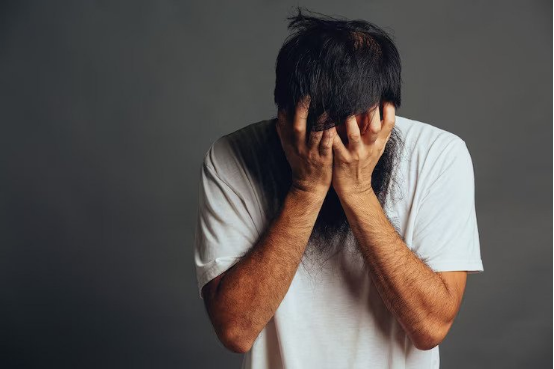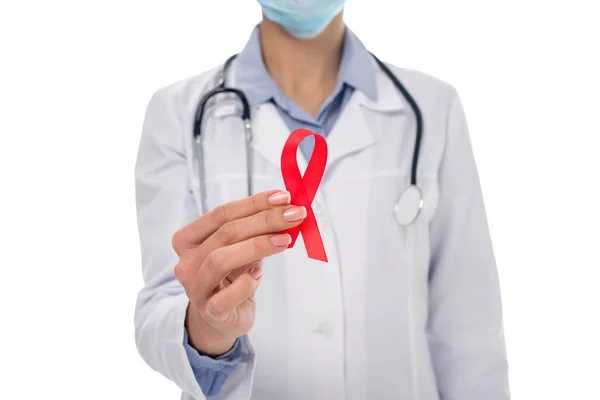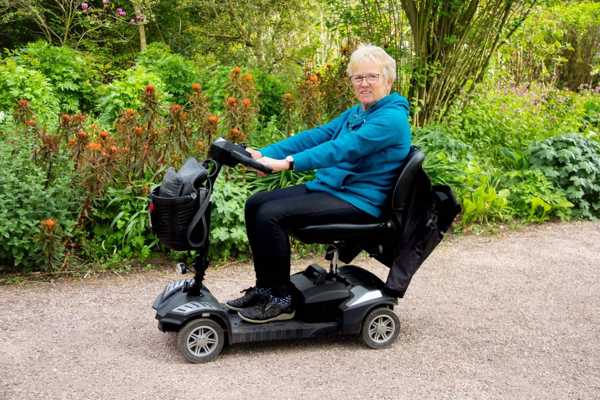Depression Treatment: Exploring Effective Options
Depression is a common and serious mental health condition that can affect every aspect of life. Fortunately, there are effective treatments available that help many people find relief and lead fulfilling lives. Treatment for depression often combines several approaches, tailored to an individual's specific needs and symptoms.
Depression is a common and serious mental health condition that can affect every aspect of life. Fortunately, there are effective treatments available that help many people find relief and lead fulfilling lives. Treatment for depression often combines several approaches, tailored to an individual's specific needs and symptoms.

1. Psychotherapy (Talk Therapy)
Therapy is often a primary treatment for depression and can be very effective. Some popular forms include:
- Cognitive Behavioral Therapy (CBT): CBT helps people recognize and change negative thought patterns and behaviors. It focuses on present issues and practical problem-solving.
- Interpersonal Therapy (IPT): IPT focuses on improving relationships and communication skills, addressing interpersonal conflicts that may contribute to depression.
- Dialectical Behavior Therapy (DBT): DBT is useful for those with depression who also experience emotional dysregulation or self-destructive behaviors, providing tools for managing intense emotions.
- Psychodynamic Therapy: This form of therapy helps individuals understand and address deep-seated emotions and unresolved conflicts from the past that may be contributing to depression.
Therapy sessions may be one-on-one, in a group setting, or involve family members. It’s essential to work with a therapist you feel comfortable with and trust.
2. Medication
Antidepressant medications can be effective for many people with depression. Common types include:
- Selective Serotonin Reuptake Inhibitors (SSRIs): SSRIs (such as fluoxetine, sertraline, and citalopram) are often the first choice due to their effectiveness and fewer side effects.
- Serotonin and Norepinephrine Reuptake Inhibitors (SNRIs): SNRIs, like venlafaxine and duloxetine, increase serotonin and norepinephrine levels, which can help boost mood and energy.
- Atypical Antidepressants: Bupropion and mirtazapine are examples of atypical antidepressants that work differently from SSRIs and SNRIs and can be helpful for certain symptoms.
- Tricyclic Antidepressants (TCAs) and Monoamine Oxidase Inhibitors (MAOIs): These are older classes of antidepressants that are sometimes used if other medications aren’t effective, though they may have more side effects.
It may take several weeks for antidepressants to take full effect, and some individuals may need to try more than one type to find the right fit. Close monitoring by a healthcare provider is essential.
3. Lifestyle Changes and Self-Care
Adopting certain lifestyle habits can complement therapy and medication in treating depression:
- Regular Exercise: Physical activity releases endorphins, which naturally improve mood. Activities like walking, running, or yoga can help manage depression symptoms.
- Healthy Diet: Eating a balanced diet with enough vitamins, minerals, and protein can positively impact mood and energy levels.
- Adequate Sleep: Depression often disrupts sleep, so maintaining a regular sleep schedule can be beneficial.
- Limiting Alcohol and Avoiding Drugs: These can exacerbate depression symptoms or interfere with medications.
- Mindfulness Practices: Meditation, deep breathing exercises, and yoga can reduce stress and help individuals manage emotions.
4. Alternative and Complementary Treatments
Some people benefit from additional treatments that can complement traditional methods:
- Acupuncture: This ancient practice may help with mood regulation and stress relief.
- Supplements: Omega-3 fatty acids, vitamin D, and certain B vitamins have been associated with better mental health, but always consult a healthcare provider before adding supplements.
- St. John’s Wort: This herb is sometimes used for mild depression but may interact with medications, so consult a healthcare provider before use.
5. Brain Stimulation Therapies
In cases where other treatments haven’t been effective, brain stimulation therapies may be considered:
- Electroconvulsive Therapy (ECT): ECT is a controlled procedure used for severe or treatment-resistant depression, delivering small electrical currents to the brain to quickly improve symptoms.
- Transcranial Magnetic Stimulation (TMS): TMS is a non-invasive procedure that uses magnetic fields to stimulate specific parts of the brain, often used for those with major depression who have not responded to other treatments.
6. Ketamine Therapy
Ketamine, traditionally an anesthetic, has shown promise in treating severe or treatment-resistant depression. It is given either as a nasal spray (esketamine) or through IV infusion and is generally used in controlled settings due to its effects on mood and perception.
7. Social Support and Support Groups
Depression can be isolating, and joining a support group can provide a sense of community and understanding. Support groups, whether in-person or online, offer an environment where individuals can share their experiences, gain insights, and feel less alone.
Finding the Right Treatment
Finding the right treatment or combination of treatments can take time and patience. Working closely with a mental health professional allows you to monitor progress and make adjustments as needed. Depression is treatable, and with the right approach, many people see significant improvement in their quality of life.
In Summary
Effective treatment for depression can involve therapy, medication, lifestyle changes, and sometimes brain stimulation therapies. A personalized treatment plan, designed in consultation with mental health professionals, can provide the support and tools needed to manage depression and improve overall well-being.








